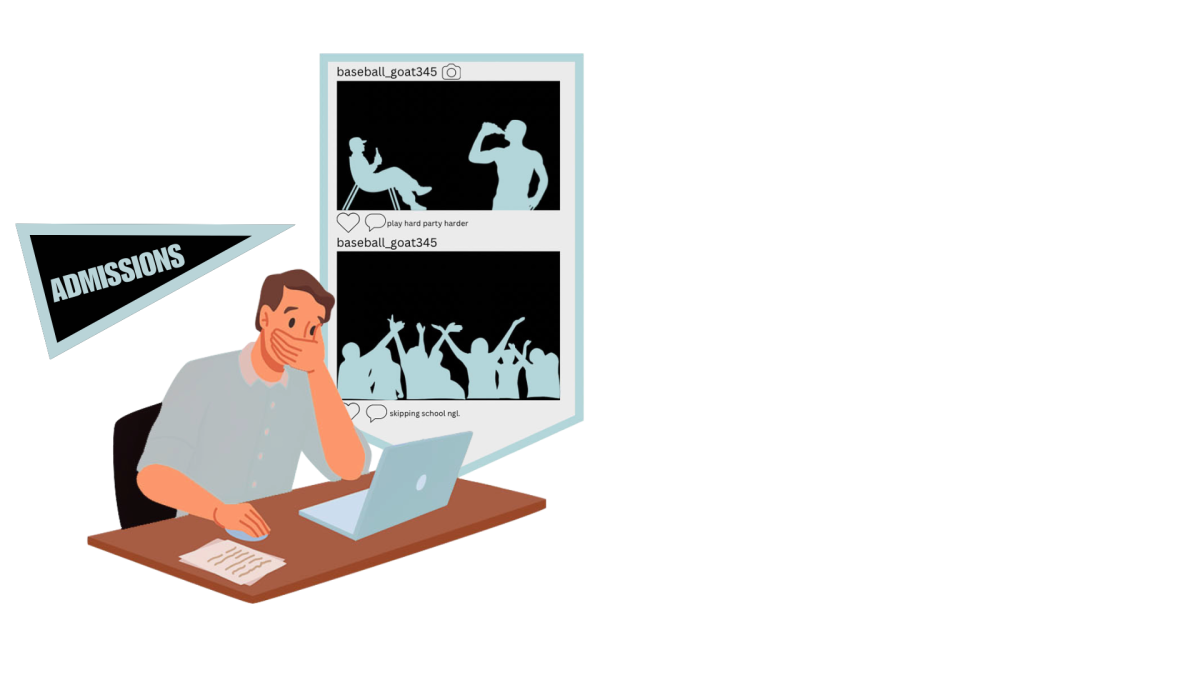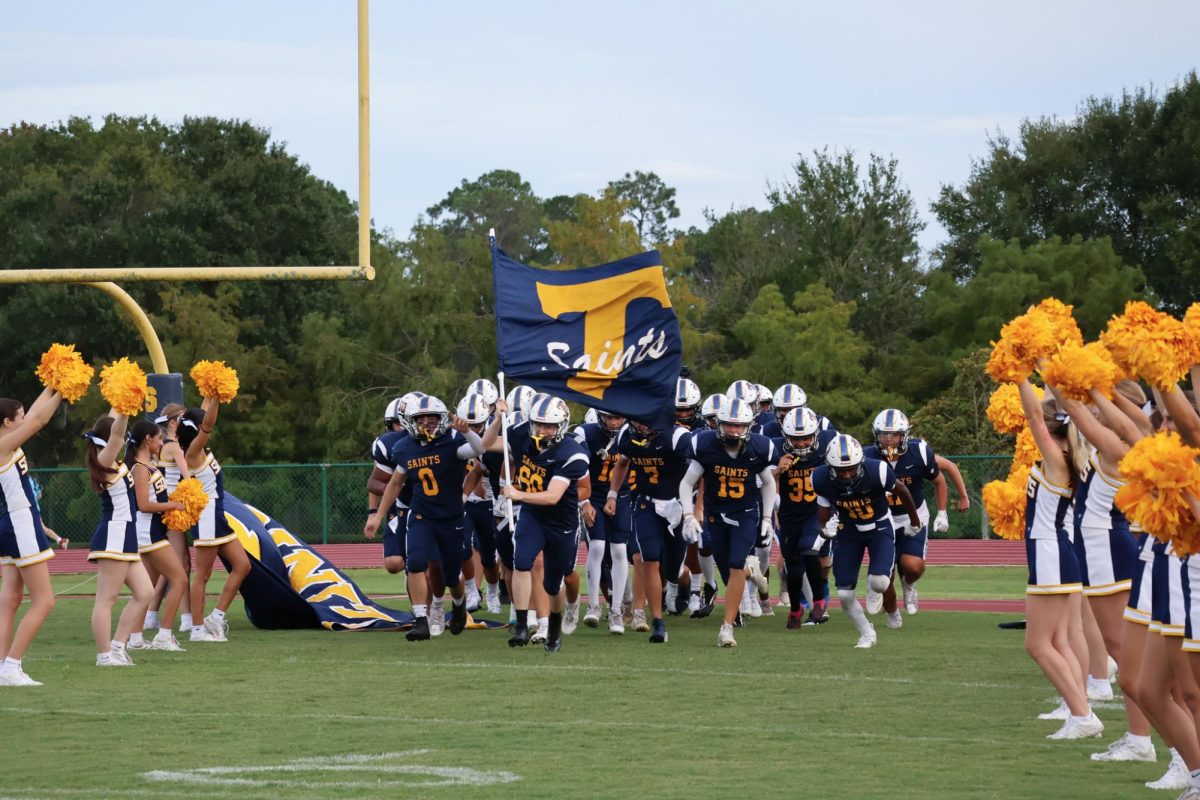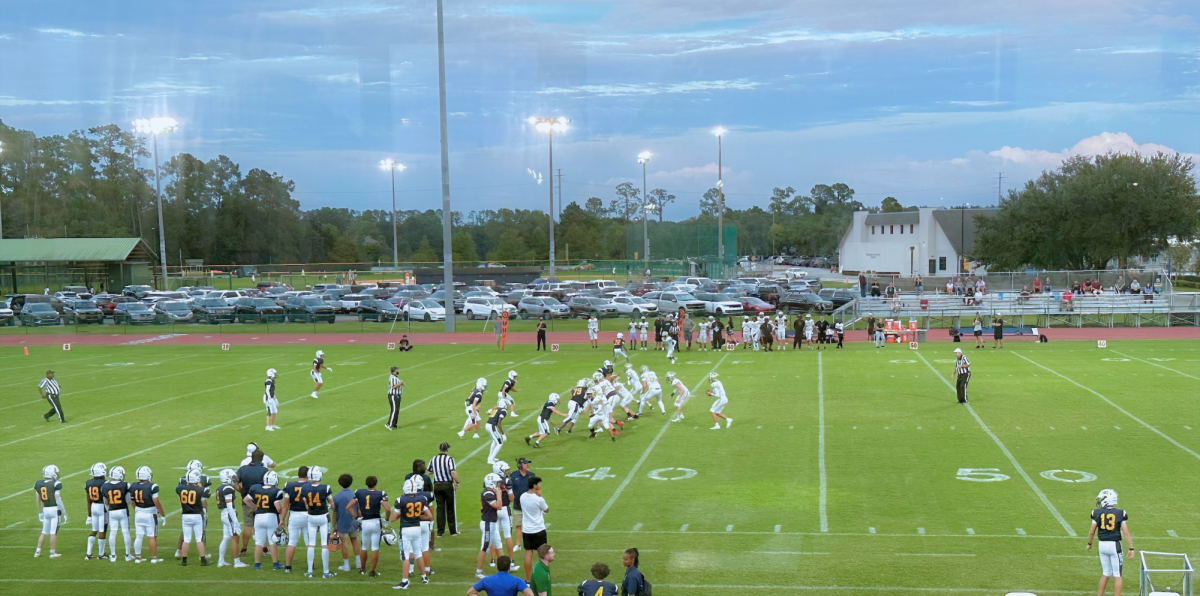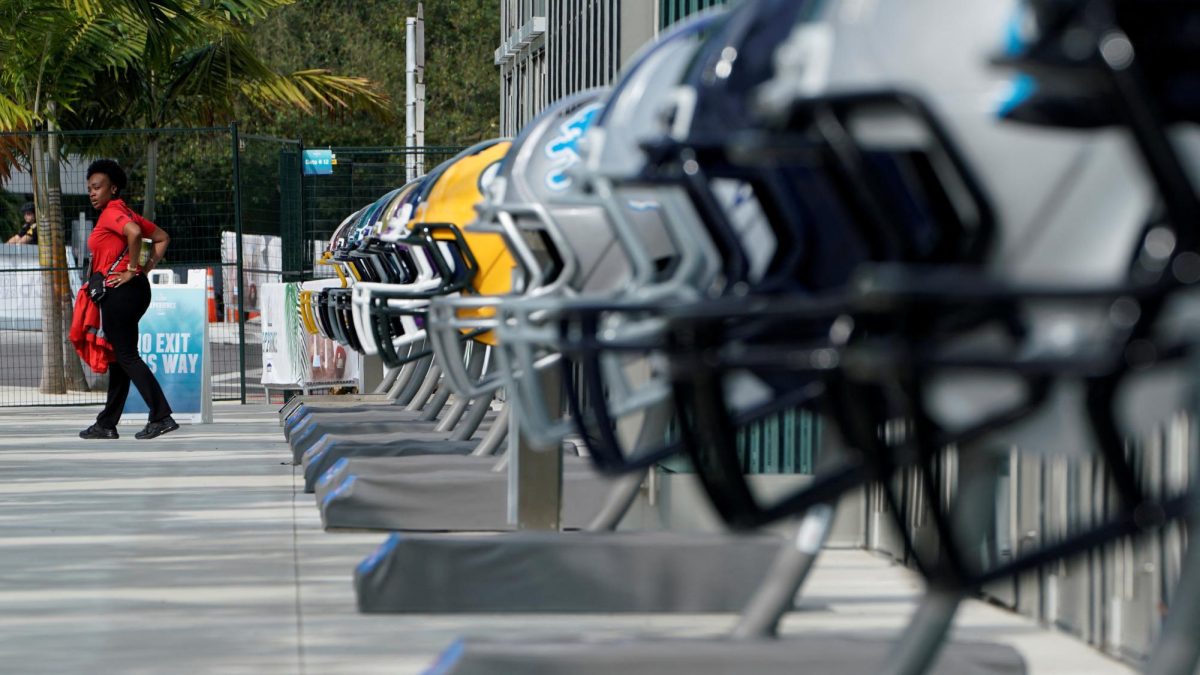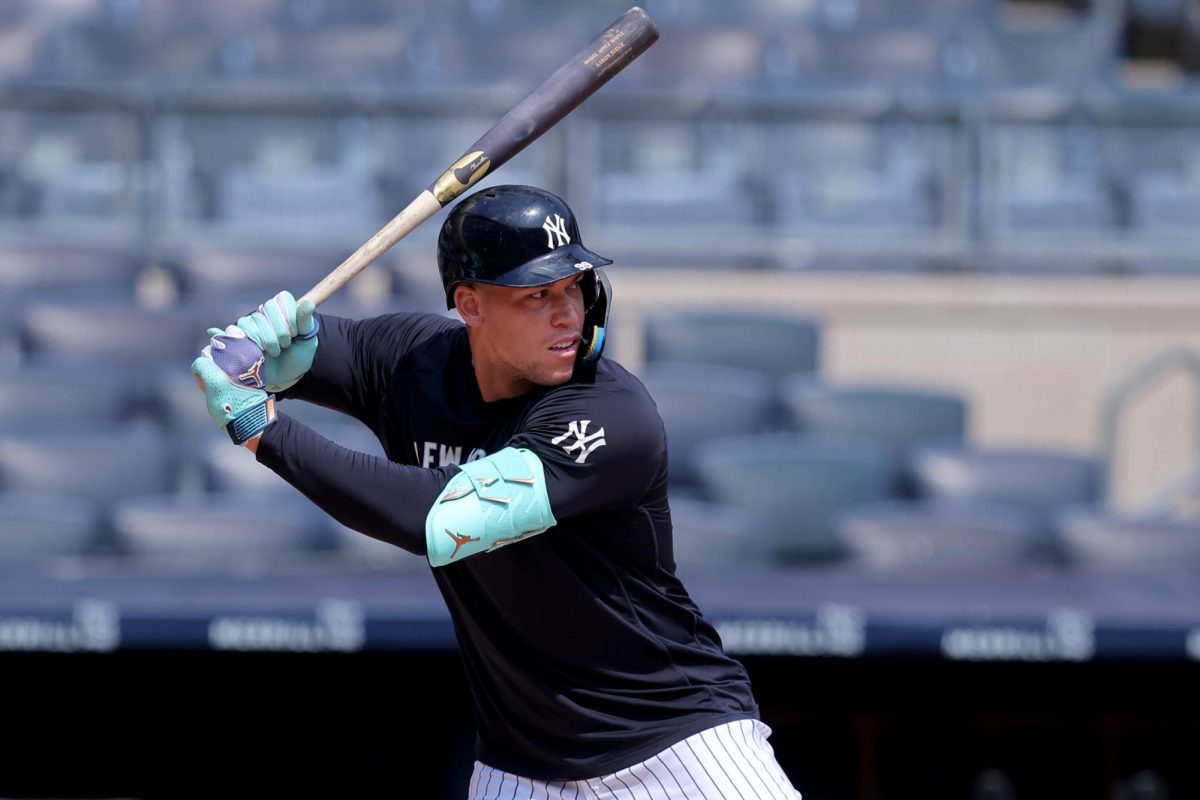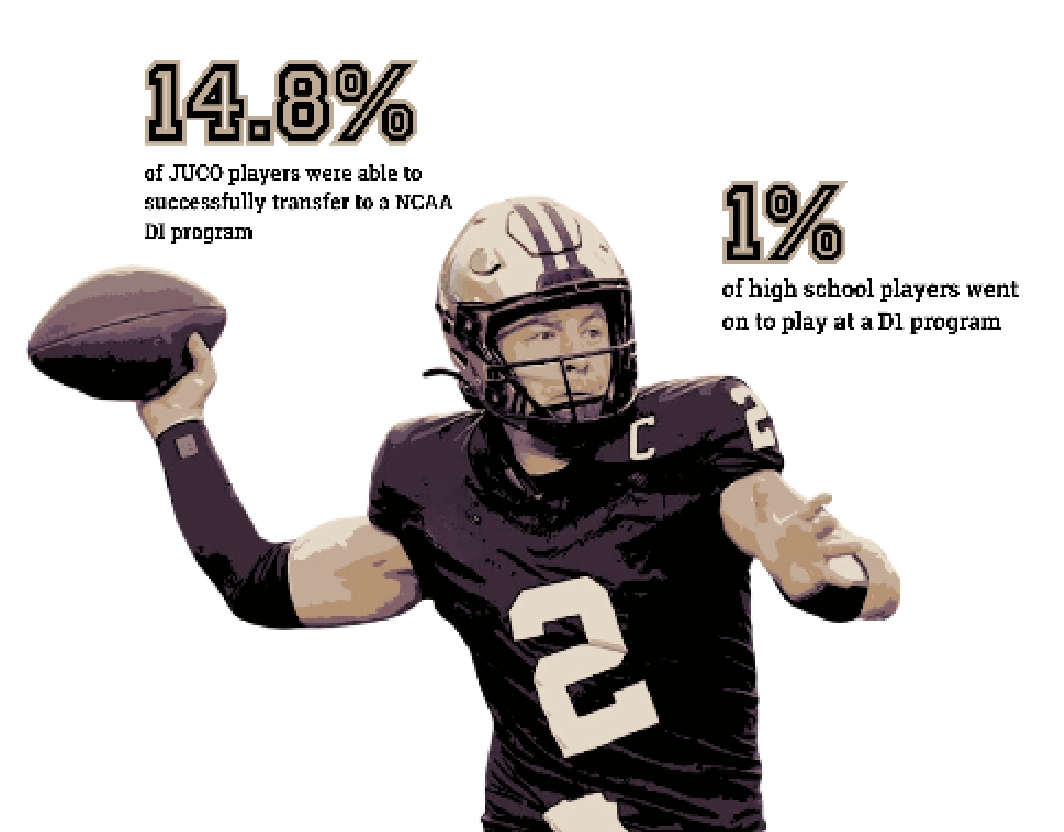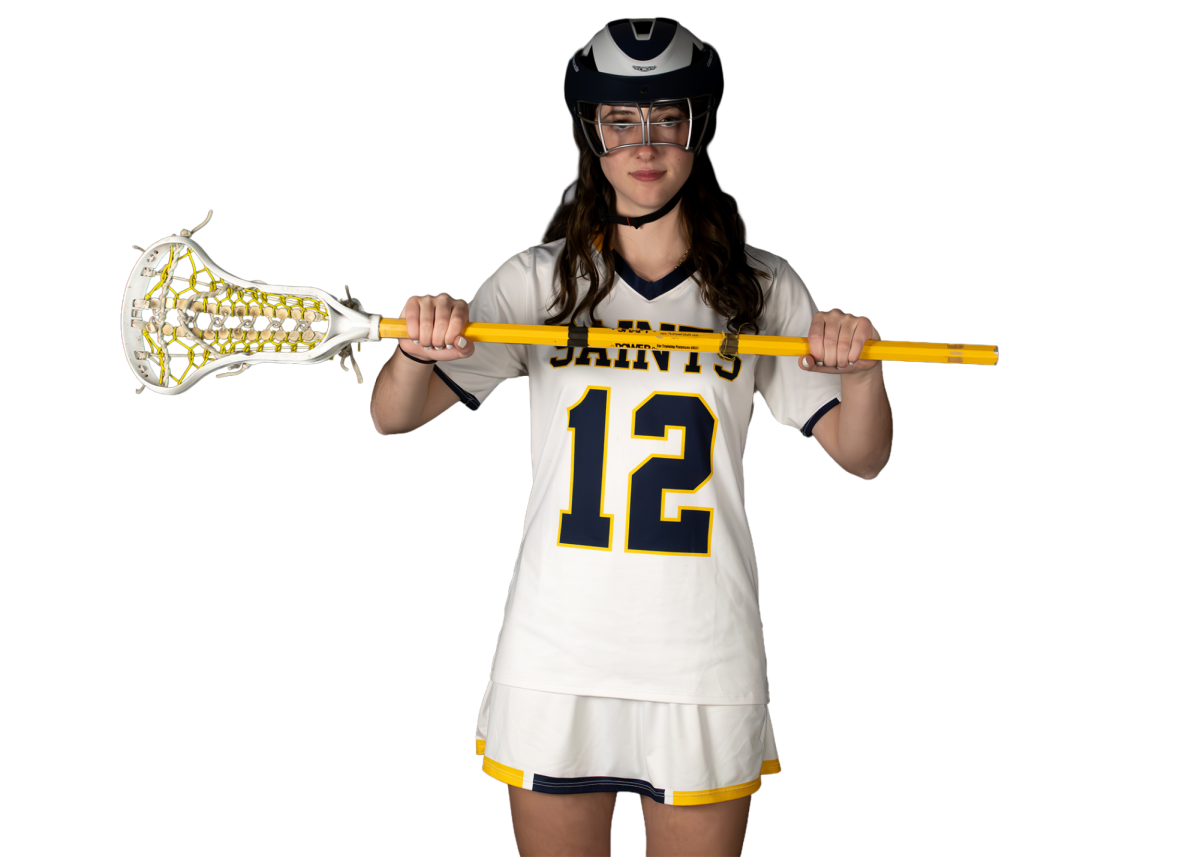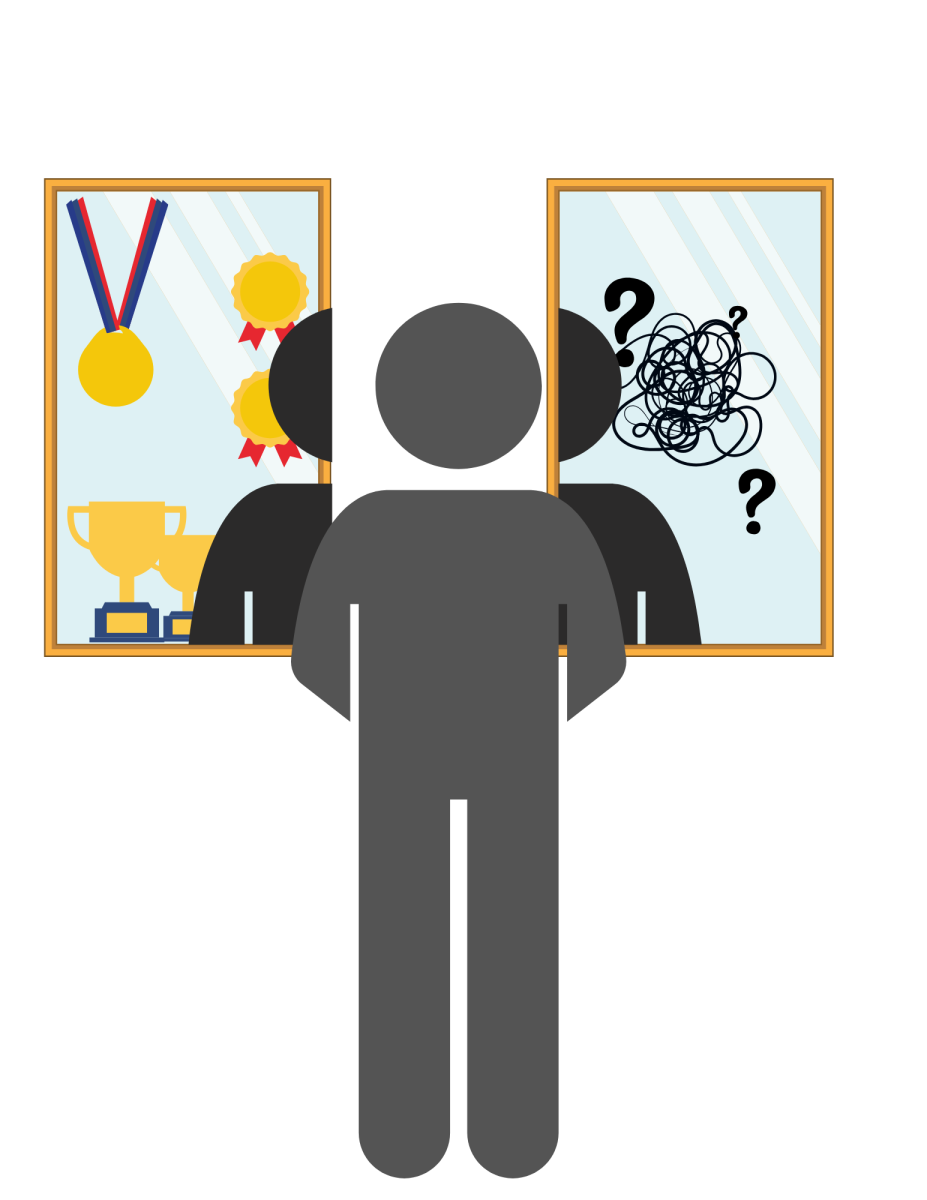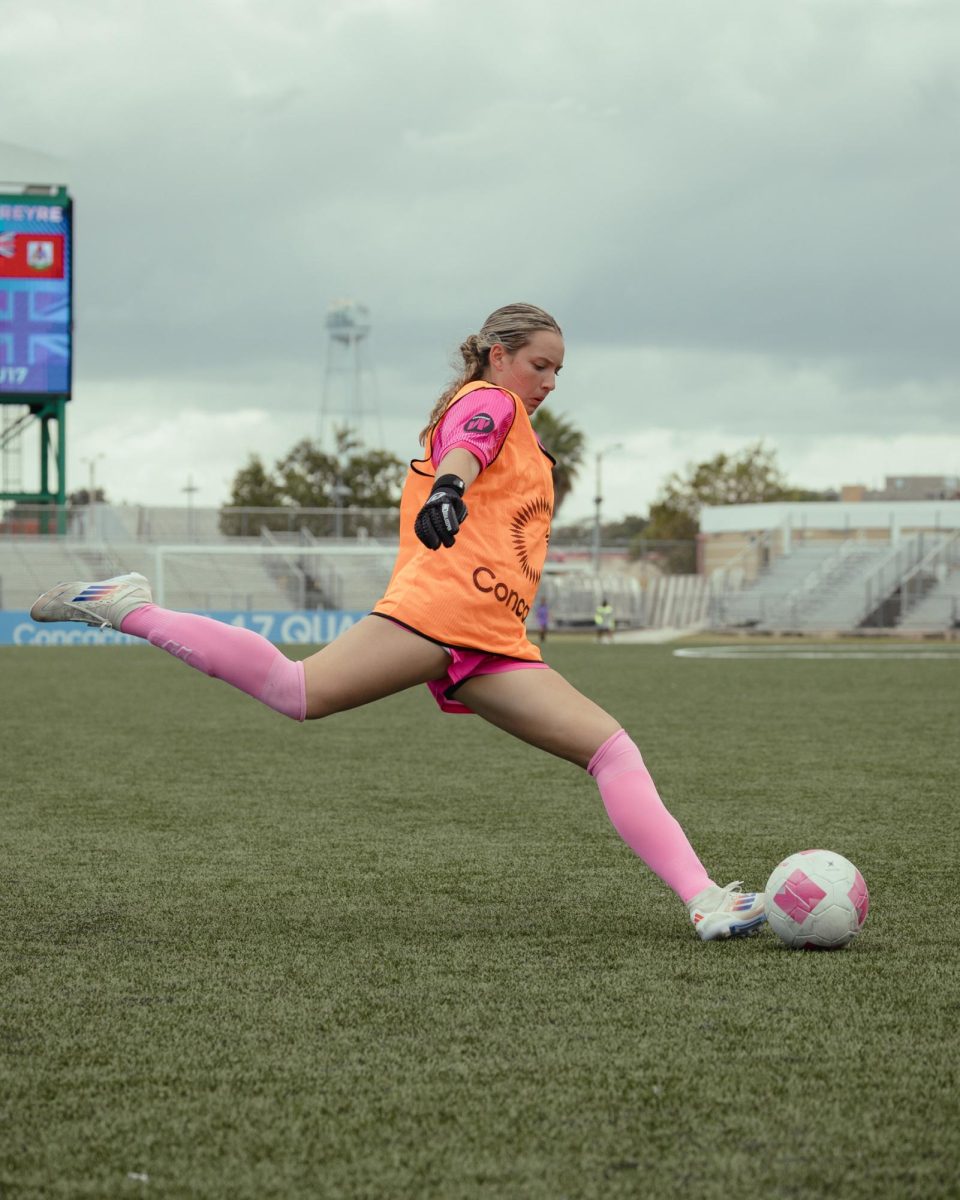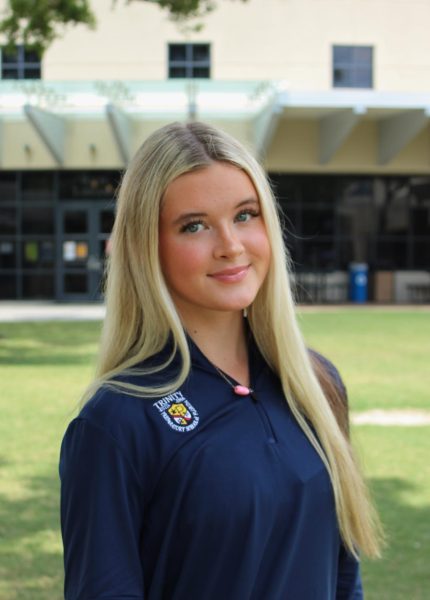When a video of high school football star Marcus Stokes using a racial slur resurfaced on Instagram, he lost everything: his scholarship to play Division I football at the University of Florida, his opportunity to play anywhere else and his reputation, which was tarnished in the eyes of college football coaches and greater football fans.
Social media has transformed not only the world around us but also the world of sports. Athletes can use it as a tool to highlight and showcase themselves also building a personal brand. While social media can open up opportunities for athletes in the world of marketing and college recruiting, it serves as a double-edged sword, as these platforms can potentially harm athletes in more ways than one.
“Social media is great in the world of sports because it opens up opportunities … helping athletes on and off the field, but it really can affect the same student-[athletes], physical, mental and emotional well-being,” said Trinity Prep college counselor and former admissions officer at the University of Florida Matthew Lisko.
With the loosening of regulations in the NCAA, college athletes have relied more on social media to market themselves as players and influencers looking to build their brands. Student-athletes, either in college or applying to college, will likely benefit from Name, Image, and Likeness’s (NIL) profound impact on NCAA sports. College atheletes now use social media to help further define their brand and potentially profiting from the increase in attention.
Junior McKenna Hawley, who recently committed to the University of Central Florida (UCF) for softball, considers the effect social media will have on her college career.
“I think increasing my social media presence to build a brand and market myself as a student-athlete beyond the field will become vital as I enter college because promoting UCF and myself more will open up more opportunities such as NIL deals,” Hawley said.
Sports programs and organizations advertise not only their players but the team as a whole. By advertising teams on social media, organizations can profit further from partnerships and deals, similar to athletes.
“Running the girl’s soccer Instagram account has increased our outreach on campus and brought more fans and support,” Junior Caroline Ahl, who runs the girls varsity account said. “It highlights not only individual athlete success but also team success on a more public scale.”
Athletes also use social media as a tool in college recruitment. Posting highlights and game films on platforms like Twitter or Instagram allow athletes to connect with college coaches or scouts, making the process even more streamlined. Hawley sees social media as critical to her recruitment to UCF.
“Whenever I finished a game or tournament, I would tag the UCF [softball coaches] on Twitter and talk to them about the games and how everything is going,” Hawley said. “[Social media] plays a huge role because that’s how coaches initially see and start following you.”
Marketing oneself and posting highlights with hopes of getting noticed by a college coach or scout often go hand-in-hand. As an athlete posts more beneficial highlights or pushes the better parts of their personality, scouts can gain more insight into how the athlete is on and off the field. Varsity Tennis Head Coach Martin Harach sees social media as a powerful tool in both areas.
“You are your own business,” Harach said. “If you’re posting the right things on [social media], good highlights and even showing that you are doing community service or helping people, you’re someone a coach wants to have on their team.”
With the benefits of having an increased presence and personal brand that all can see, athletes have a greater responsibility to themselves and to the organization they belong to by posting appropriate content that promotes their image.
“[As an athlete] you’re under a magnifying glass within social media; if you mess up, you’re not only messing yourself up or your future, but you’re messing up the image of the university and people who are a part of the program,” Lisko said.
College counselor Katherine Dunagan has seen firsthand how damaging just one post can be to a student-athletes’s reputation and chances of being admitted to the school.
“I think people forget that your social media is a footprint, and it’s out there,” Dunagan said. “You don’t want to engage in something that you feel is cool at the moment but could be offensive to certain groups of people … it could come back to haunt you later … such as the example of Marcus Stokes.”
Harach requires his players to sign a contract at the beginning of the season that includes guidelines regarding social media use and how players should conduct themselves on social media platforms.
“Limiting social media use is to protect the athlete,” Harach said. “Anything that’s done through social media should be kept under one umbrella – athletics – so that we can market them the best way possible.”




